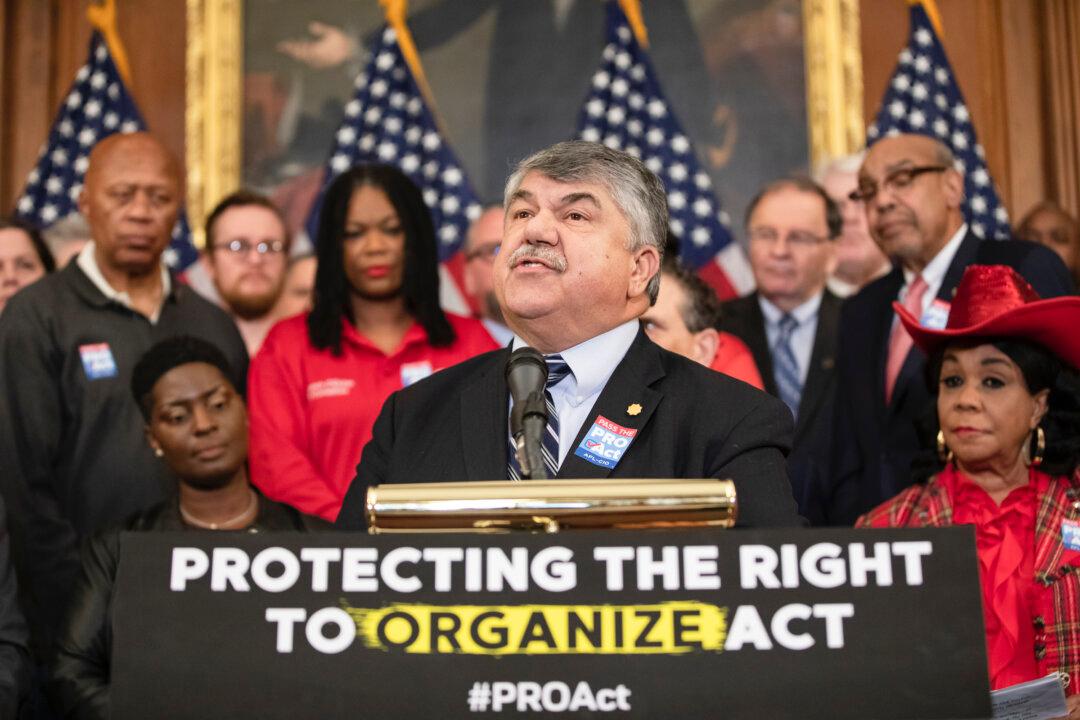WASHINGTON—The largest federation of unions in the United States, the AFL-CIO, will file two complaints under the new U.S.–Mexico–Canada Agreement this month to enforce labor rights in Mexico, which may result in additional tariffs or other import restrictions on Mexican factories.
“We have tremendous concerns with Mexico’s ability to enforce federal laws,” Richard Trumka, president of AFL-CIO, told reporters on Sept. 3 at a virtual roundtable hosted by the Christian Science Monitor.





